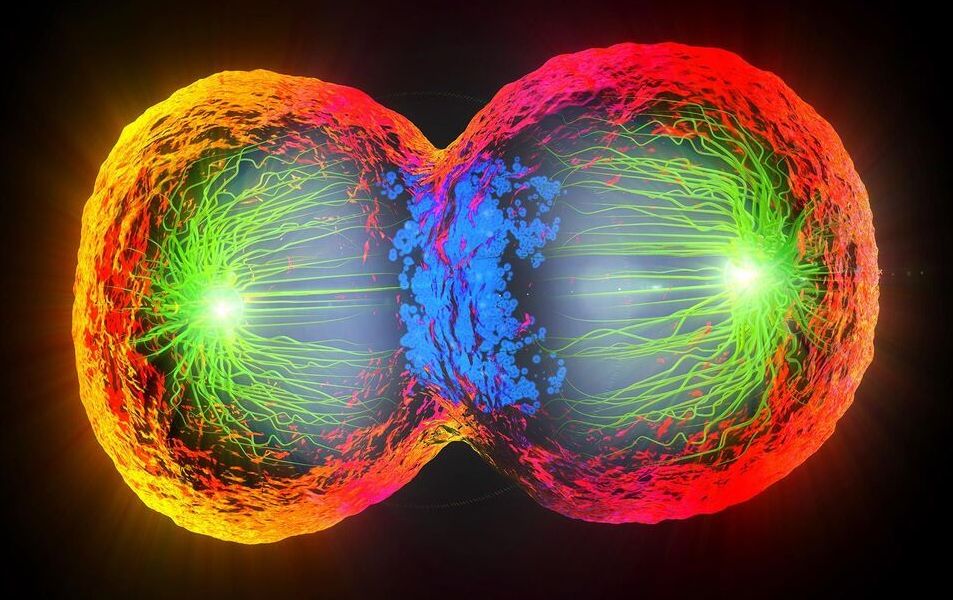New research reveals how cancer cells endure stress and survive. Publishing in Molecular Cell, an international research team identified mechanisms that human and mouse cells use to survive heat shock and resume their original function – and even pass the memory of the experience of stress down to their daughter cells.
Lead author Anniina Vihervaara, Assistant Professor in Gene Technology at KTH Royal Institute of Technology, says the results provide insight into the mechanisms that coordinate transcription in cells, which potentially could make a vital contribution in disease research.
The researchers examined how embryonic fibroblast cells and cancer cells responded when subjected to heat shock at a temperature of 42C, using advanced technology to monitor the process of transcription across genes and their regulatory regions. Heat shock causes acute proteotoxic stress due to misfolding and aggregation of proteins. To adjust and maintain stability, stressed cells reduce protein synthesis and increase expression of chaperones that help other proteins to maintain their correct configuration. The heat shock response and protein misfolding are involved in many diseases, including cancer, Huntington’s and Alzheimer’s.
